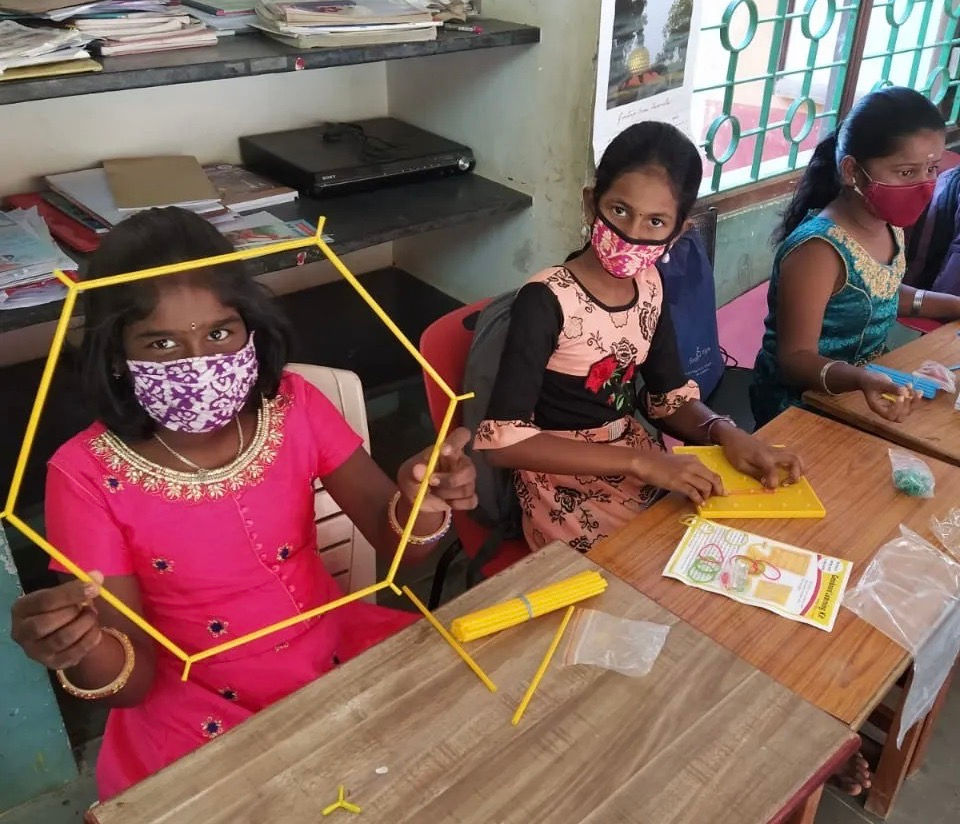Yuvabe youth partner with C3STREAM Land to facilitate educational empowerment
- arvind jairam
- Mar 19, 2022
- 2 min read
Updated: May 14, 2024
At Yuvabe, we realized early on that our mission to support the youth in their holistic development can be sustainable only when the generation we support continues the work and supports the generation that follows them. Thus, in collaboration with C3STREAM Land Designs, our team volunteers their time to “ensure inclusive and equitable quality education and promote lifelong learning opportunities” (UN SDG4) for students and youth of Auroville’s bioregion.

C3STREAM Land Designs has extablished STEM Land, which is a learning and resource center at two of Auroville’s outreach schools – Udavi and Isai Ambalam. It is inspired by the constructivist learning theory and encourages self-directed learning of science, math, and engineering concepts. As part of our collaboration, we also facilitate English classes in these schools.

Mentored by experienced teachers and education researchers, Yuvabe’s volunteer teachers use visual tools and techniques to teach abstract maths concepts. Through the medium of games, scratch programming, as well as tactile elements from the space around them, like clay, straws, bricks etc, we connect mathematical concepts to the real world around them.
As educators, Yuvabe team takes a child centric approach to teaching. In the traditional method, educators stick to the same technique of repetition and memorization of information, without consideration of every child’s individual way of learning. In the end, many children remain untaught about the relevance of the subject matter in real work, and miss the joy of tinkering and learning by doing things themselves. In a child-centric approach, we put children at the centre of the process and focus on each pupil’s capabilities and how they learn, while also giving them the opportunity to take responsibility for their own learning.
When students are given the freedom to sit with the problem, come up with their own ways of learning, and when classroom theory is connected to real-life, children learn better.

Our team has also been supporting research in Natural Language Acquisition for teaching English. Without forcing grammatical exactness and the technicalities of the language, we focus on making the child comfortable around English, and immersing them in the language through the medium of play, simple conversations, story-telling, and other activities, essentially how a child absorbs their mother tongue by being around it all the time.
We strongly feel that it would be greatly beneficial for us as a human society, if we begin to see education not as a means to an end but as a continuous part of life, of following our natural curiosity.
.png)
Comments